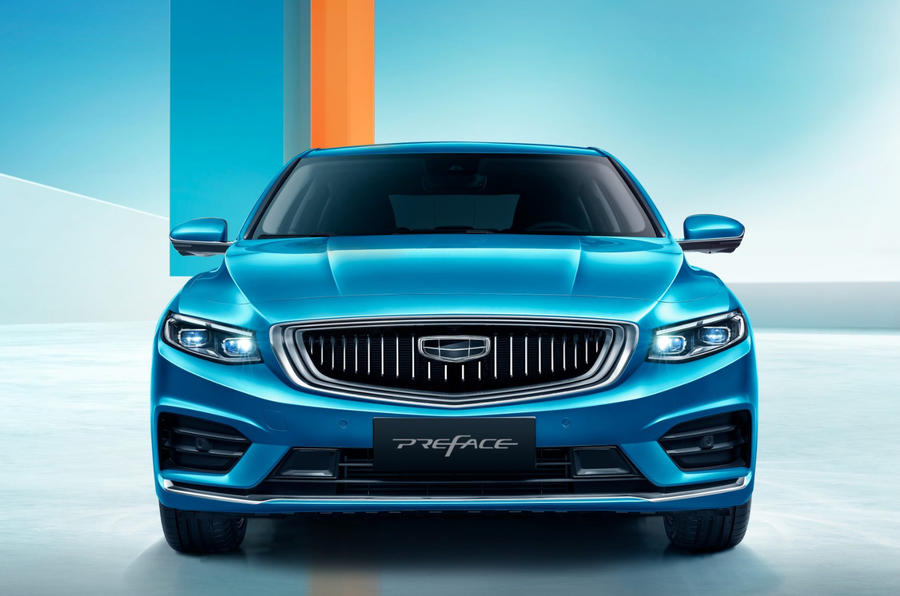Chinese manufacturer Geely, which owns Lotus, LEVC, Polestar and Volvo, has formed a new partnership with Baidu to develop a range of ‘intelligent’ electric vehicles.
Under the deal, Baidu – regarded as the Chinese equivalent of Google – plans to establish a new subsidiary to develop the vehicles, which will be sold under a new brand. The machines will use Geely’s fully electric Sustainable Experience Architecture (SEA), which will be fitted with driver assistance, infotainment and mapping features developed by Baidu.
Geely will also provide Baidu with design and manufacturing expertise, including its new system for building EVs.
Geely’s new SPA platform was revealed last year, and will be used for a range of EVs from Volvo, Geely and premium brand Lynk&Co. The first model developed on the platform, the Lynk&Co Zero coupé-SUV, recently completed its first dynamic tests.
Geely says that the SEA features “hardware, software and wider intregrational capabilities” to ready it for advanced autonomous systems.
While best known for its search engine (the world’s fourth-most popular website), Baidu subsidiaries have been developing autonomous driving and related technology for the past eight years. Its Apollo firm has developed a range of autonomous systems that will be fitted to the new vehicle, which will also use its Baidu Maps navigation software.
Baidu boss Robin Li said the firm has “long believed in the future of intelligent driving and has over the past decade invested heavily in AI to build a portfolio of world-class self-driving services”.
He added: “Geely has the unique experience and resources to design, produce and market energy-efficient, reliable and safe automobiles in large scale. We believe that by combining Baidu’s expertise in smart transportation, connected vehicles and autonomous driving with Geely's expertise as a leading automobile and EV manufacturer, the new partnership will pave the way for future passenger vehicles."
Geely and Baidu didn't specify if the new strategic partnership would extend beyond joint research and development of EVs and the new Baidu subsidiary. Geely and Baidu have already been working together since 2019 to develop artificial intelligence systems that could be applied to the wider automotive 'ecosystem'.
The deal isn't the first between a Geely-owned brand and an internet search giant. Starting with the new Volvo XC40 Recharge EV, all Volvo and Polestar vehicles will feature a new infotainment system based on Google’s Android operating system, with features such as Google Maps built in.
READ MORE
Volvo set to merge with parent firm Geely
Year of the underdog: Geely's rise from obscurity to top dog








Join the debate
Add your comment
Car tech, too much?